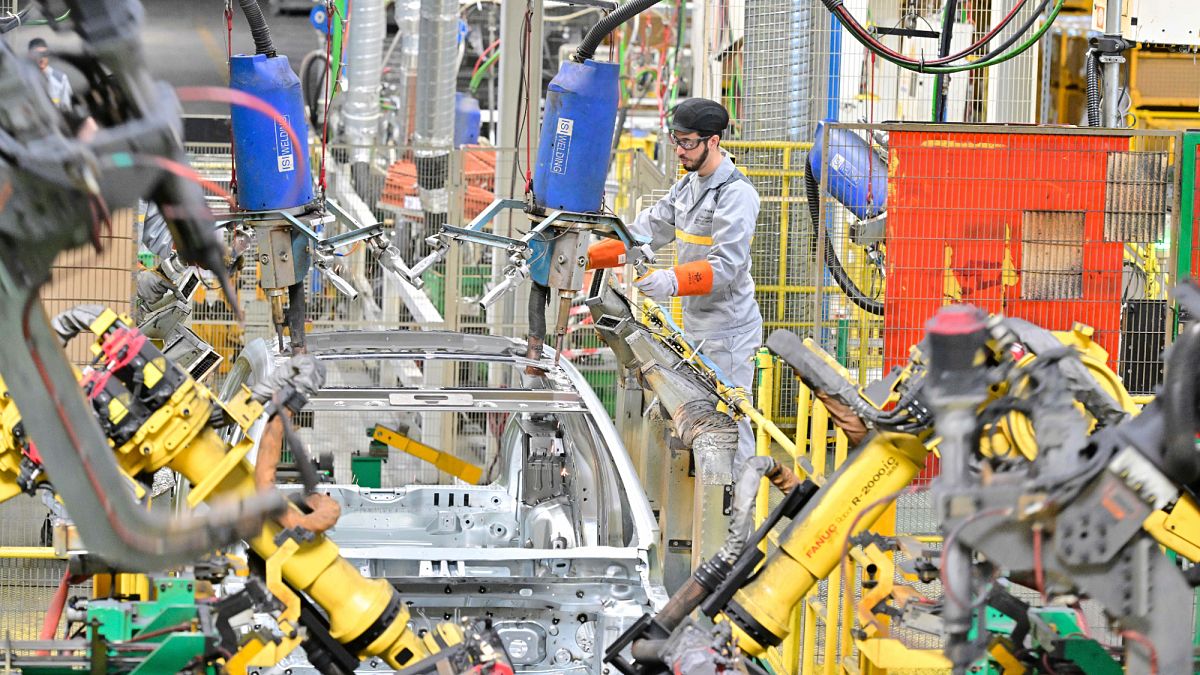Published on
ADVERTISEMENT
European lawmakers called for carmakers to sustainably dispose car parts once they become useless when they voted to adopt a European Parliament committee report in Strasbourg on Tuesday.
New vehicles should be designed taking into account the easy removal of as many parts and components as possible by authorised treatment facilities, according to the proposed law.
According to official EU data, around 6.5 million of the total 285.6 million motor vehicles on EU roads come to the end of their lives every year.
MEPs backed the report on the circularity requirements for vehicle design and improved management of end-of-life vehicles put forward by the environment and internal market committees in the Parliament, with 431 lawmakers in favour and 145 against.
The proposed law also introduces a mandatory target for the use of recycled plastics in new vehicles — a minimum 20% of recycled plastic within six years, down from the 25% proposed by the European Commission — and opens the door to future targets for recycled steel, aluminium, and critical raw materials, based on mandated monitoring and data collection.
Centrist lawmaker Jens Gieseke, leading the legislative file in the Parliament, flagged the importance of the automotive industry as a “key driver” of economic growth and innovation in Europe and openly expressed his commitment to defend the sector.
“We’ve avoided unnecessary burdens on manufacturers and citizens, instead setting feasible and realistic targets,” Gieseke, who sits with the European People’s Party (EPP), said after the vote. “By balancing environmental protection and economic viability, we’re giving the industry the tools it needs to succeed, while preserving resources for future generations.”
“In shaping this compromise, we carefully assessed the entire ecosystem connected to the automotive sector, which will be directly affected by the regulation,” MEP Paulius Saudargas (EPP) said in a statement.
Despite the pressure coming from Brussels to decarbonise and become more sustainable, the European car industry welcomed today’s vote but was cautious about its impact on heavy-duty vehicles. The European Automobile Manufacturers’ Association (ACEA) claimed that truck and bus manufacturers are at risk of being unfairly held responsible.
“The regulation places disproportionate legal and financial risks on truck and bus makers, holding them accountable for bodywork they neither produce nor put on the market. This undermines competitiveness at a time when the sector is under enormous pressure,” stated Sigrid de Vries, ACEA’s Director General.
The European Environmental Bureau (EEB), the largest network of environmental citizens’ organisations, claimed that MEPs “caved under the pressure” of the auto industry, weakening the Commission’s proposal by ignoring the use of unsustainable materials, such as “forever chemicals” (PFAS), and the need for fewer and smaller vehicles.
The environmental watchdog also criticised the focus on recyclability rather than steering more efforts into durability, reuse and repair strategies.
“EU lawmakers keep ignoring the core problem: the ever-increasing size and number of cars is driving up material use and environmental impact,” said Fynn Hauschke, Senior Policy Officer for Circular Economy & Waste at the EEB.
“Without tackling this trend – and requiring manufacturers to design vehicles to be durable and repairable from the outset – the regulation will not put the sector on a truly sustainable path,” Hauschke added.
After today’s vote, talks between the Parliament and EU countries will start to finalise the law.
Read the full article here
















